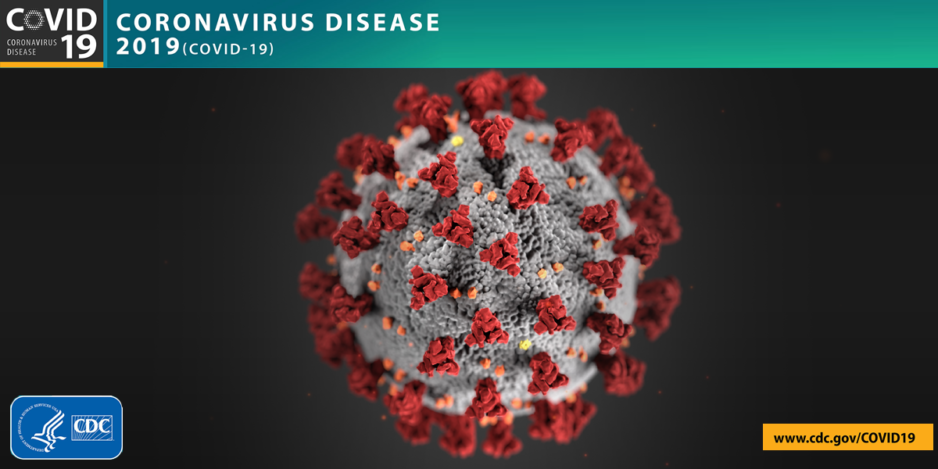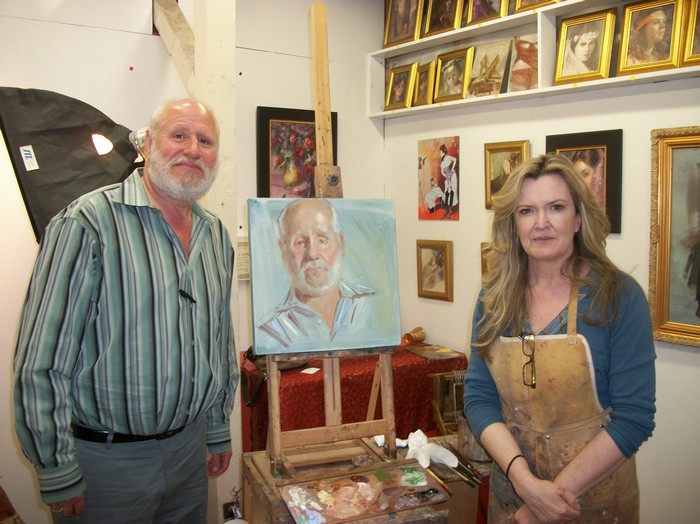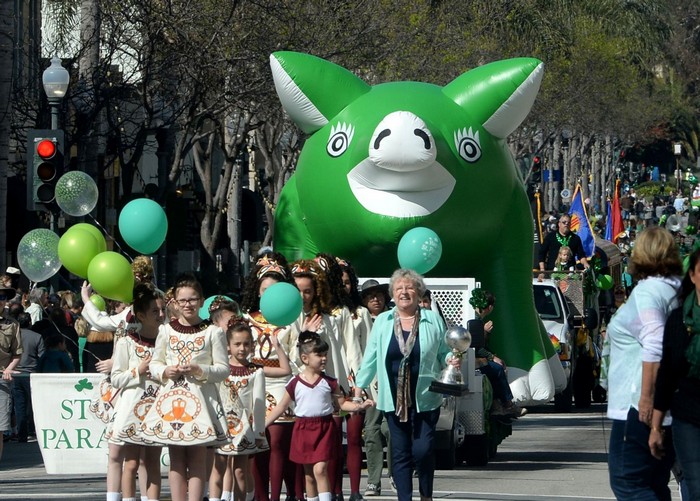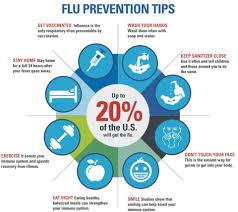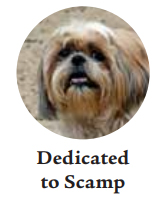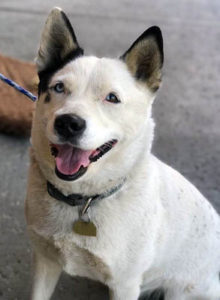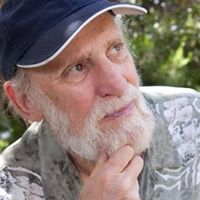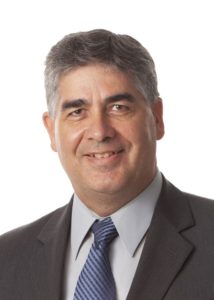by Kathleen Cameron, BSPharm, MPH
The situation around the novel coronavirus (COVID-19) is changing rapidly, and NCOA is taking proactive steps to share the best information we have to protect the public’s health, especially among older adults. Now is the time to stay informed and follow basic tips to protect yourself and those around you.
The CDC has identified older adults and people who have severe chronic medical conditions like heart, lung, or kidney disease at higher risk for more serious COVID-19 illness. According to the CDC, early data suggest older people are twice as likely to have serious COVID-19 illness.

This is likely because as people age, their immune systems change, making it harder for their body to fight off diseases and infection, and because many older adults are also more likely to have underlying health conditions that make it harder to cope with and recover from illness. Age increases the risk that the respiratory system or lungs will shut down when an older person has COVID-19 disease.
That’s why the CDC is recommending that people at higher risk take the following actions:
- Stay at home as much as possible.
- Make sure you have access to several weeks of medications, food, and supplies in case you need to stay home for prolonged periods of time.
- When you go out in public, keep away from others who are sick, limit close contact, and wash your hands often.
- Avoid crowds.
Anthony S. Fauci, M.D., Director of the National Institute of Allergy and Infectious Diseases, said that people with serious chronic conditions, especially the elderly, should think twice about traveling or going to crowded places. He advised that these individuals take the simple steps of “not putting yourself in a situation—whatever that might be—that might increase the risk given your situation.”
The CDC is urging individuals to stay calm and Share Facts, Not Fear. Among the CDC’s advice are these common-sense tips:
- Wash your hands often with soap and water for at least 20 seconds, especially after going to the bathroom; before eating; and after blowing your nose, coughing, or sneezing.
- Avoid touching your eyes, nose, and mouth with unwashed hands.
- Stay home when you are sick.
- Cover your cough or sneeze with a tissue, then throw the tissue in the trash.
How to Support Older Adults
People of all ages can support older adults during this time. Many older adults depend on services and supports provided in their homes or in the community to maintain their health and independence. The CDC recommends that family members, neighbors, and caregivers:
- Know what medications your loved one is taking and see if you can help them have extra on hand.
- Monitor food and other medical supplies (oxygen, incontinence, dialysis, wound care) needed and create a back-up plan.
- Stock up on non-perishable food items to have on hand in your home to minimize trips to stores.
- If you care for a loved one living in a care facility, monitor the situation, ask about the health of the other residents frequently, and know the protocol if there is an outbreak.
Beware of Scams
Unfortunately, scammers are taking advantage of fears surrounding the coronavirus. The Federal Trade Commission has identified several of them and is offering tips to protect yourself and others. These include watching for emails claiming to be from the CDC saying they have information about the virus and ignoring online offers for vaccinations. There currently are no vaccines, pills, potions, lotions, lozenges, or other prescription or over-the-counter products available to treat or cure COVID-19 online or in stores.
